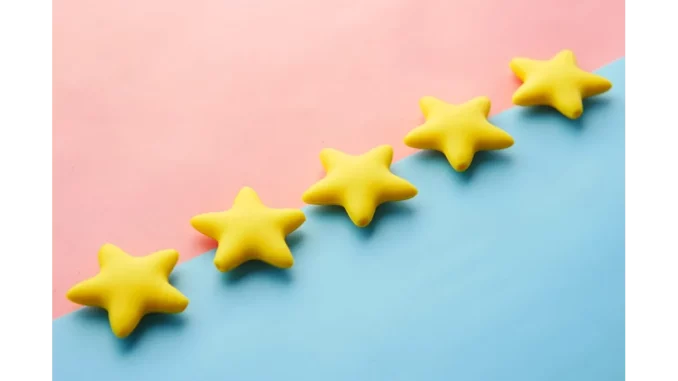
When it comes to the intricate world of wine, discerning the good from the great can be a daunting task. Recently, I had the pleasure of sitting down with Caroline Edwards, a seasoned wine enthusiast and critic, to discuss her insights on the revered 100-point scale used by top wine publications. Our conversation shed light on the influence of wine reviews and how they guide both novice and experienced wine lovers in their quest for the perfect bottle.
Caroline, with her years of experience swirling, sipping, and scoring countless wines, began by emphasising the importance of the 100-point scale in the wine industry. “The scale is more than just numbers; it’s a universal language that simplifies the complex characteristics of wine into an accessible format,” she explained. “A score between 87 and 100 signifies a wine of quality, but the nuance lies in the details.”
The 100-point scale, pioneered by influential figures like Robert Parker, categorises wines based on their quality, typicity, and overall experience. Caroline was quick to point out that while anything below an 87 might not be worth the investment, wines rated 88 to 91 offer a sweet spot for quality and value. “These wines are excellent for everyday enjoyment,” she noted, “providing a balance of flavour and affordability without compromising on the tasting experience.”
However, it’s the wines that score above 91 that Caroline described with a twinkle in her eye. “These are exceptional,” she said. “A score above 95, though, that’s where the magic happens. These wines offer an extraordinary experience, often reserved for special occasions or serious collectors.” Her passion was evident as she recounted memorable tastings of such high-rated wines, where each sip revealed layers of complexity and craftsmanship.
As we delved deeper into the world of wine reviews, Caroline highlighted the role of leading publications like Wine Enthusiast, Vinous, and Wine Spectator. “Each has its own approach and style,” she explained. Wine Enthusiast, for instance, is known for its approachable and comprehensive coverage, making it a favourite among casual drinkers and connoisseurs alike. On the other hand, Vinous, with its team of top critics, is highly respected for its in-depth and insightful reviews.
Caroline also touched on the impact of these reviews on the wine industry. “A high score can elevate a wine’s status overnight, leading to increased demand and often higher prices,” she remarked. “Conversely, a poor review can deter consumers and affect a winery’s reputation.” This power underscores the importance of reliable and honest reviews, as consumers rely heavily on them to make informed purchasing decisions.
Yet, amid the numbers and critiques, Caroline reminded me that personal preference plays a crucial role in wine enjoyment. “Your favourite wine might not score the highest, and that’s perfectly fine,” she said with a reassuring smile. “Wine is about personal taste and the memories you create with each bottle.” She encouraged readers to explore and trust their own palates while using reviews as a guide rather than a definitive rule.
For those looking to delve into the world of wine reviews without a hefty price tag, Caroline suggested exploring free resources like Wine Enthusiast’s accessible online database. Additionally, she recommended visiting local wine shops, where staff often provide insights and recommendations based on positive reviews they’ve encountered.
In closing, Caroline’s insights painted a vivid picture of the wine review landscape, emphasising the blend of art and science that goes into crafting and critiquing each bottle. As I left our conversation, Caroline’s words lingered in my mind: “Wine is a journey, an adventure in every glass. Embrace the scores, but more importantly, savour the stories they tell.”
Her passion and expertise reminded me that while the numbers may guide us, it’s the experience and the joy of discovery that truly define our relationship with wine.
Fabrice Fèvre


Be the first to comment